In a bid to create an intelligent and responsible Bangladesh, the Department of Basic and Large-Scale Education has placed primary schools at the forefront of fostering knowledgeable citizens. However, concerns have arisen regarding the effectiveness of elementary schooling in developing intelligent individuals.
Presently, around 80,000 instructors, having only completed Secondary School Certificate (SSC) and Higher Secondary Certificate (HSC), are teaching elementary school pupils. The challenge lies in their struggle to adapt to the new syllabus, lacking further education beyond basic classes. While there has been an increase in teachers with advanced degrees in recent years, inadequate resources hinder their retention in the field.
Historically, the Primary Education Department, following the 1991 regulations, required female applicants to pass SSC exams and male applicants to pass HSC exams to become primary teachers. Those selected during that period face a precarious situation, with SSC and HSC qualified teachers having to wait an additional 14 years to retire before elementary schools receive university degree-holding teachers.
Currently, government-funded primary schools in the country number 65,544, employing over 388,000 educators. Among them, 253,623 are women, and 135,000 are men. However, the number of educators without completed studies remains low. Interaction and instructional classes serve as a means for their skill improvement. Notably, the employment of individuals with higher education, as per gathered information, stands at 155,742 teachers currently holding a master's degree.
As Bangladesh strives for educational excellence, addressing the challenges faced by instructors and enhancing resources for their professional development emerges as a crucial step towards shaping a brighter future.



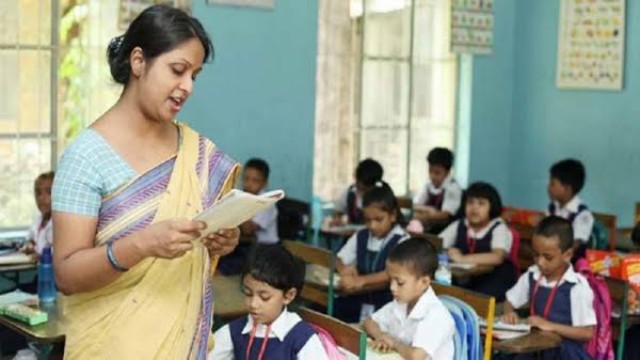
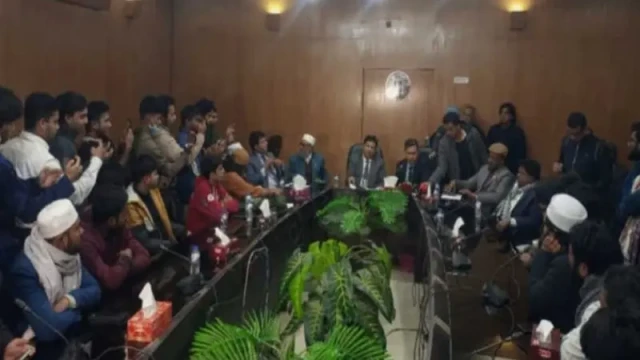
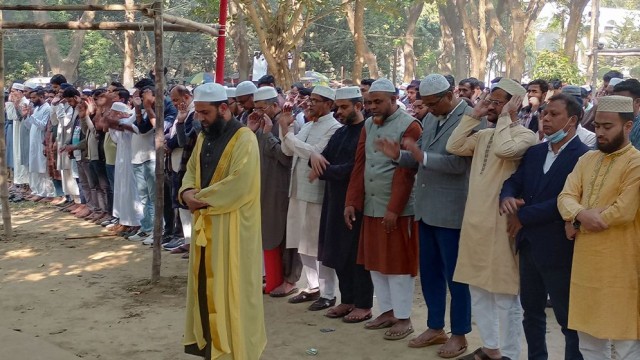
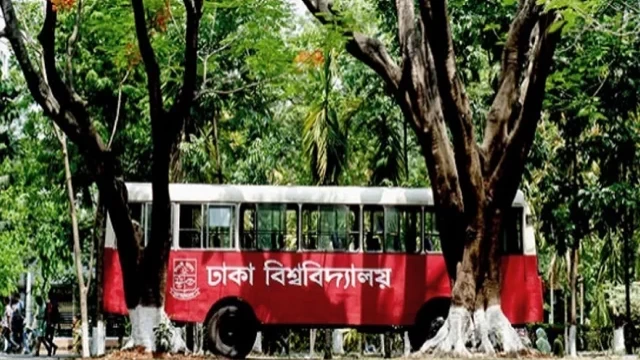
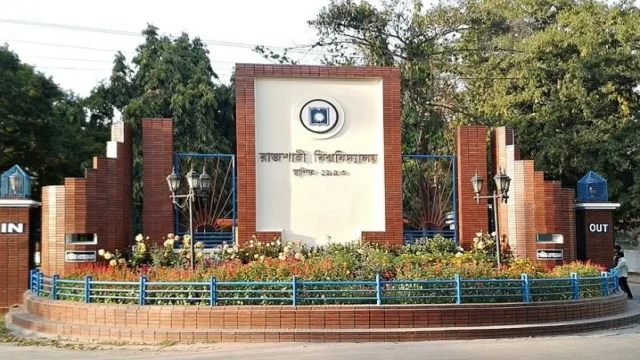
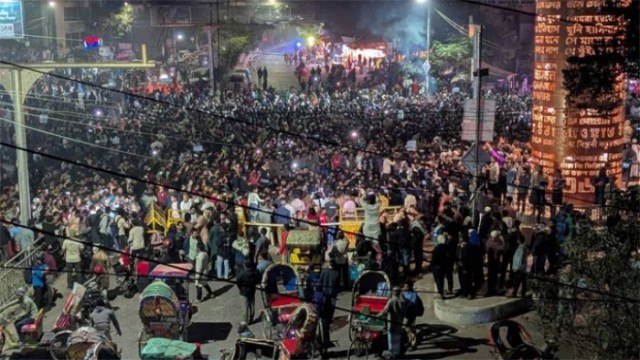
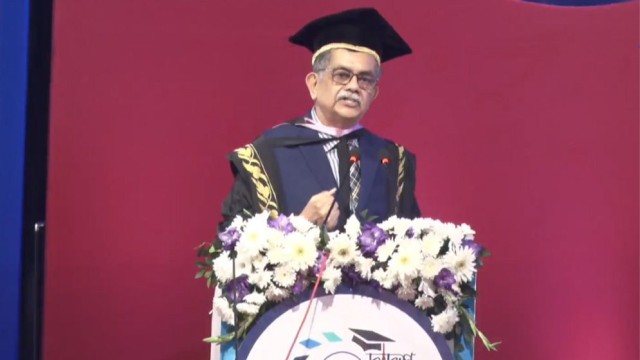
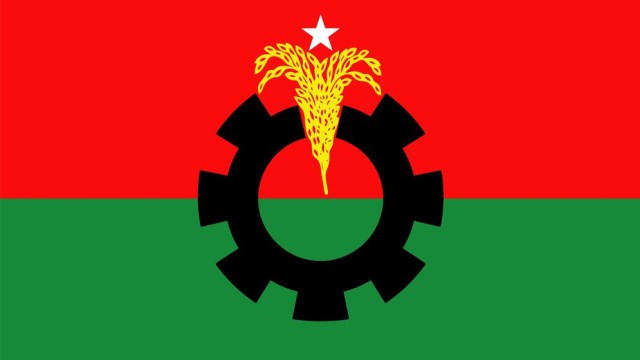

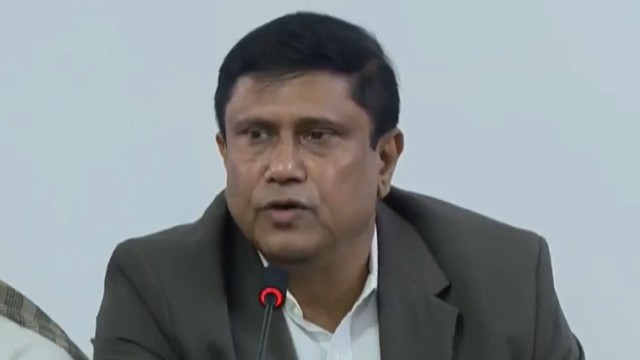
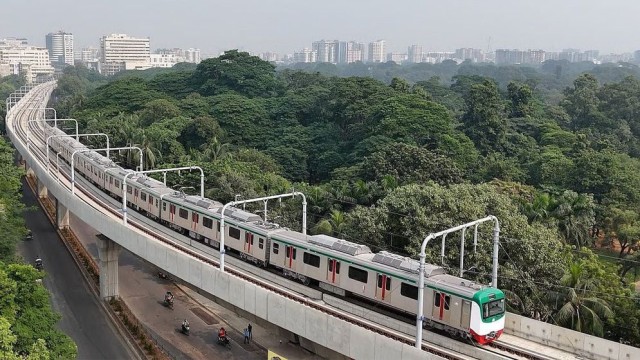
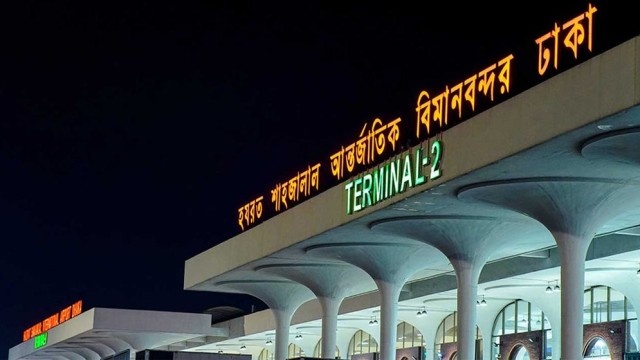
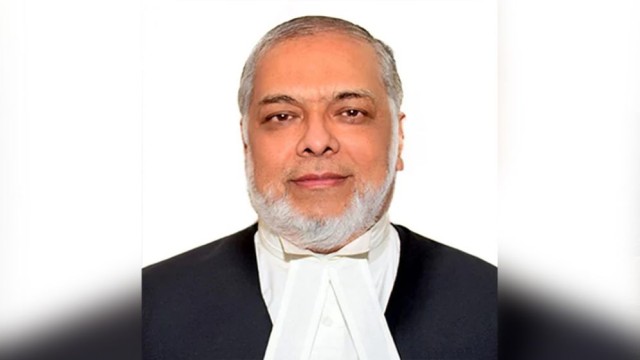


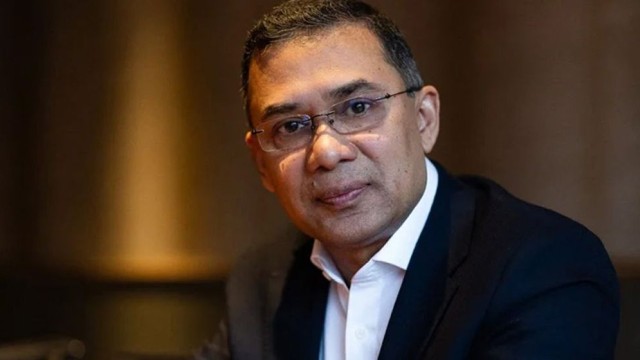


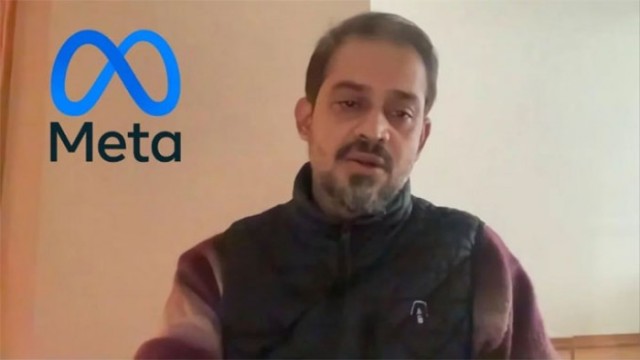
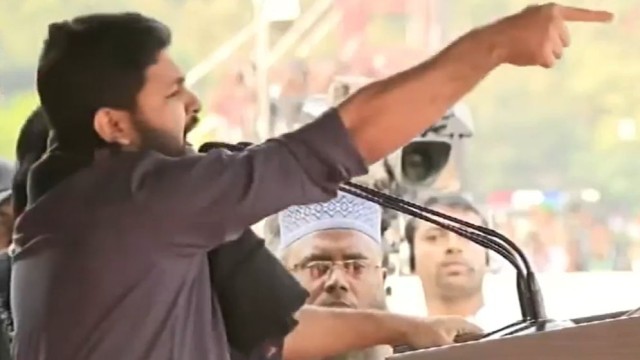


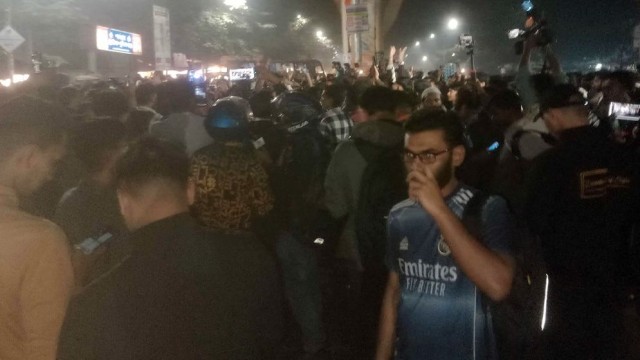



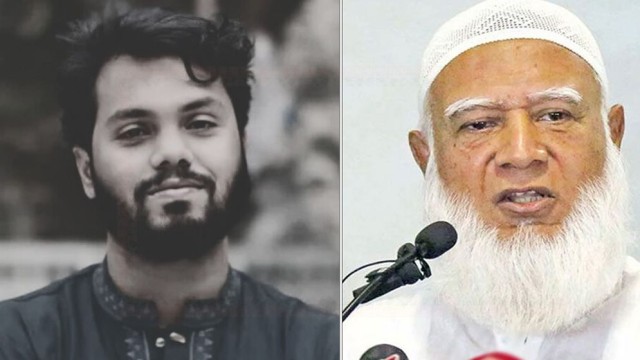
Comment: